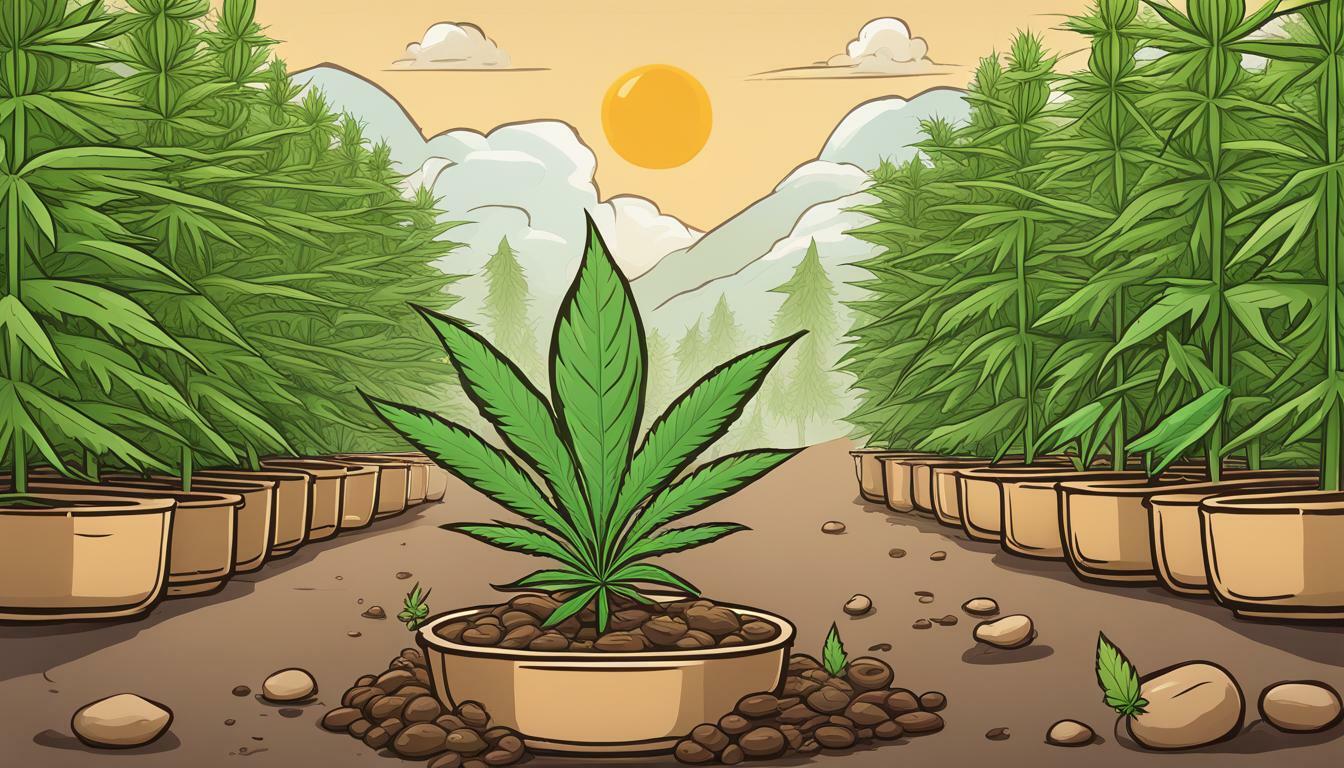Cannabis cultivation is an intricate process that requires keen attention to detail, especially when it comes to choosing the right soil for your plants. The foundation of a successful cannabis garden lies in the quality of the soil, as it provides essential nutrients and water to support healthy growth. To ensure a thriving and productive cannabis crop, understanding the different soil types and their properties is crucial. Here’s a closer look at how to choose the ideal soil for your cannabis plants, with three essential factors to consider during your selection process.
Soil Composition and Nutrient Content
The composition of your soil is a critical factor to consider for cannabis cultivation. A well-balanced mix of organic matter, minerals, and nutrients is essential for healthy growth. A loamy soil, which is a blend of sand, silt, and clay, offers the ideal texture and drainage for cannabis plants. This type of soil retains moisture without becoming waterlogged, facilitating adequate air circulation around the roots.
In addition to texture, the nutrient content of your soil is crucial for optimal plant growth. Cannabis plants require essential macronutrients like nitrogen (N), phosphorus (P), and potassium (K), as well as micronutrients such as calcium, magnesium, and iron. A high-quality, organic potting mix, or a blend of compost, aged manure, and worm castings can provide the necessary nutrients for your plants. It’s also essential to regularly test and amend the soil to maintain the appropriate nutrient levels.
Soil pH Levels
Cannabis plants thrive in slightly acidic to neutral soil, with an optimal pH range between 6.0 and 7.0. Maintaining the correct pH level is crucial, as it affects nutrient absorption and overall plant health. If the soil is too acidic or alkaline, your plants may struggle to access essential nutrients, resulting in stunted growth or nutrient deficiencies.
To measure the pH of your soil, you can use a pH test kit or meter. If the pH is out of the ideal range, you can amend the soil with various products. For example, to increase the pH, you can use dolomite lime, while adding sulfur or peat moss can help decrease the pH. Regularly monitoring and adjusting the pH levels as needed will contribute to a flourishing cannabis garden.
Drainage and Water Retention
Proper drainage and water retention capabilities are crucial for healthy cannabis root systems. Overwatering or poorly draining soil can lead to root rot, fungal infections, and nutrient deficiencies. On the other hand, under-watering or soil with low water retention can stress your plants, impairing their growth and yield.
A well-structured, loamy soil with added perlite or vermiculite can provide the optimal balance of drainage and water retention. Perlite increases drainage and aeration, while vermiculite improves moisture retention, ensuring your cannabis plants receive the necessary water and nutrients for healthy growth.
Wrapping Up Your Soil Journey
Choosing the right soil for your cannabis plants is a vital step in cultivating a thriving garden. By considering soil composition, nutrient content, pH levels, and drainage capabilities, you can create the ideal environment for your plants to flourish. With careful attention to these factors, you can set the stage for a bountiful and rewarding cannabis harvest.





